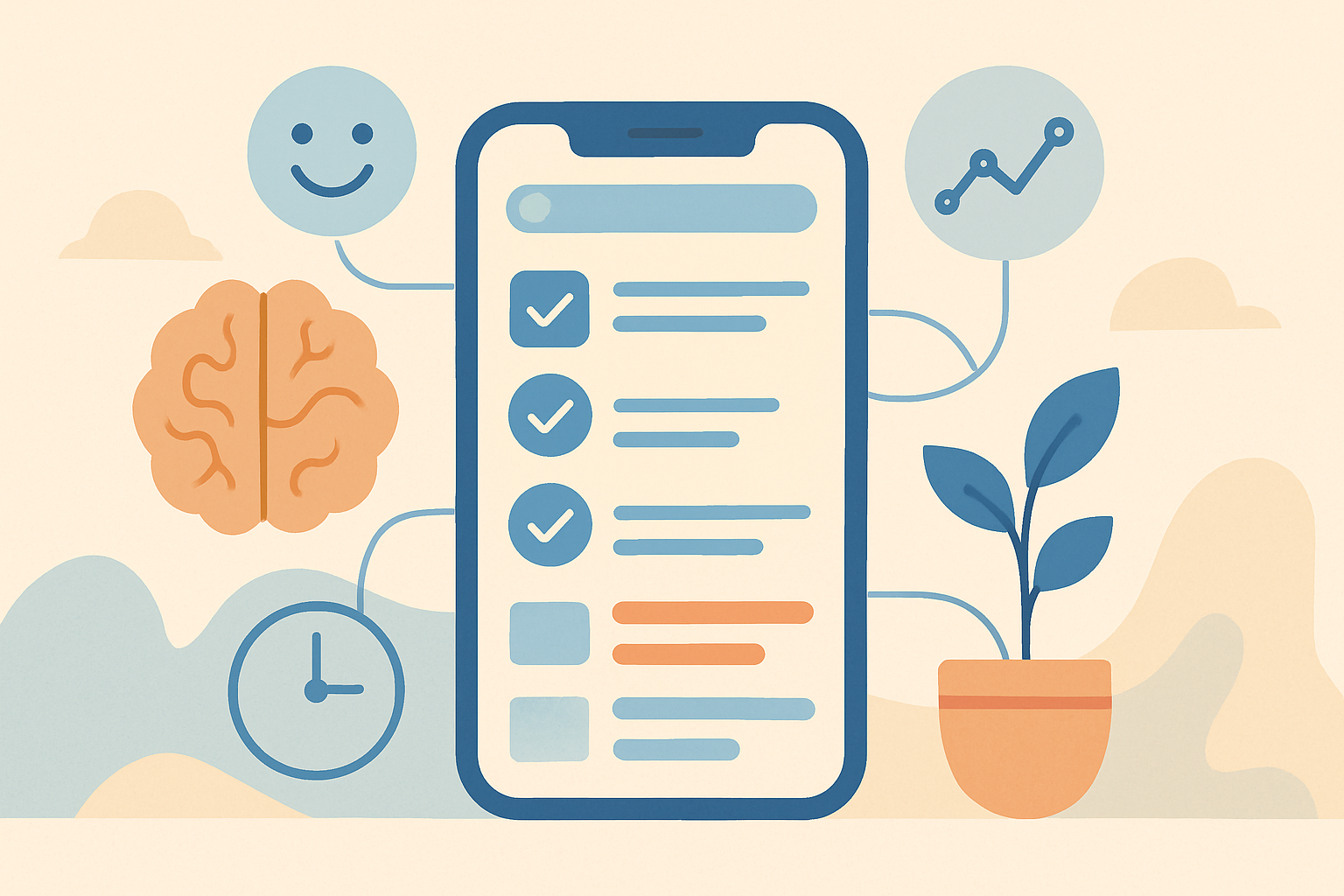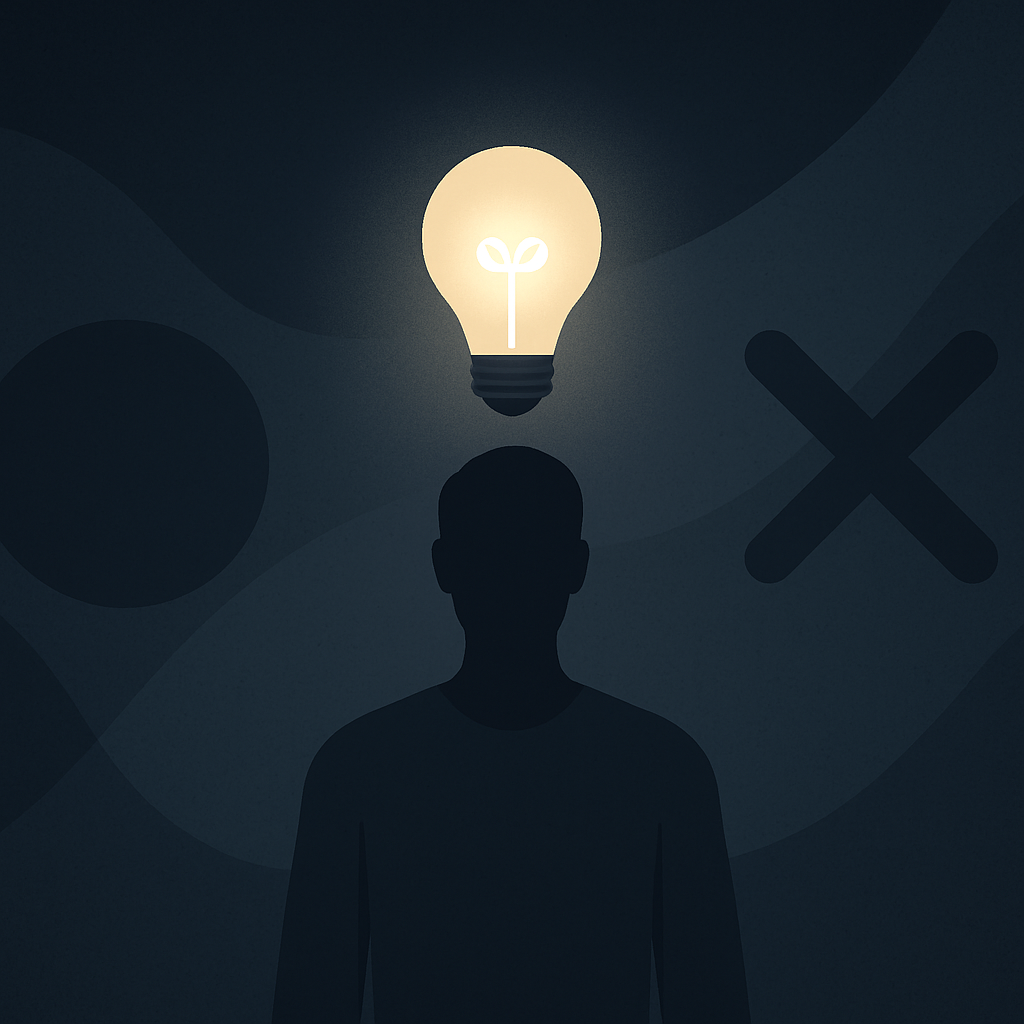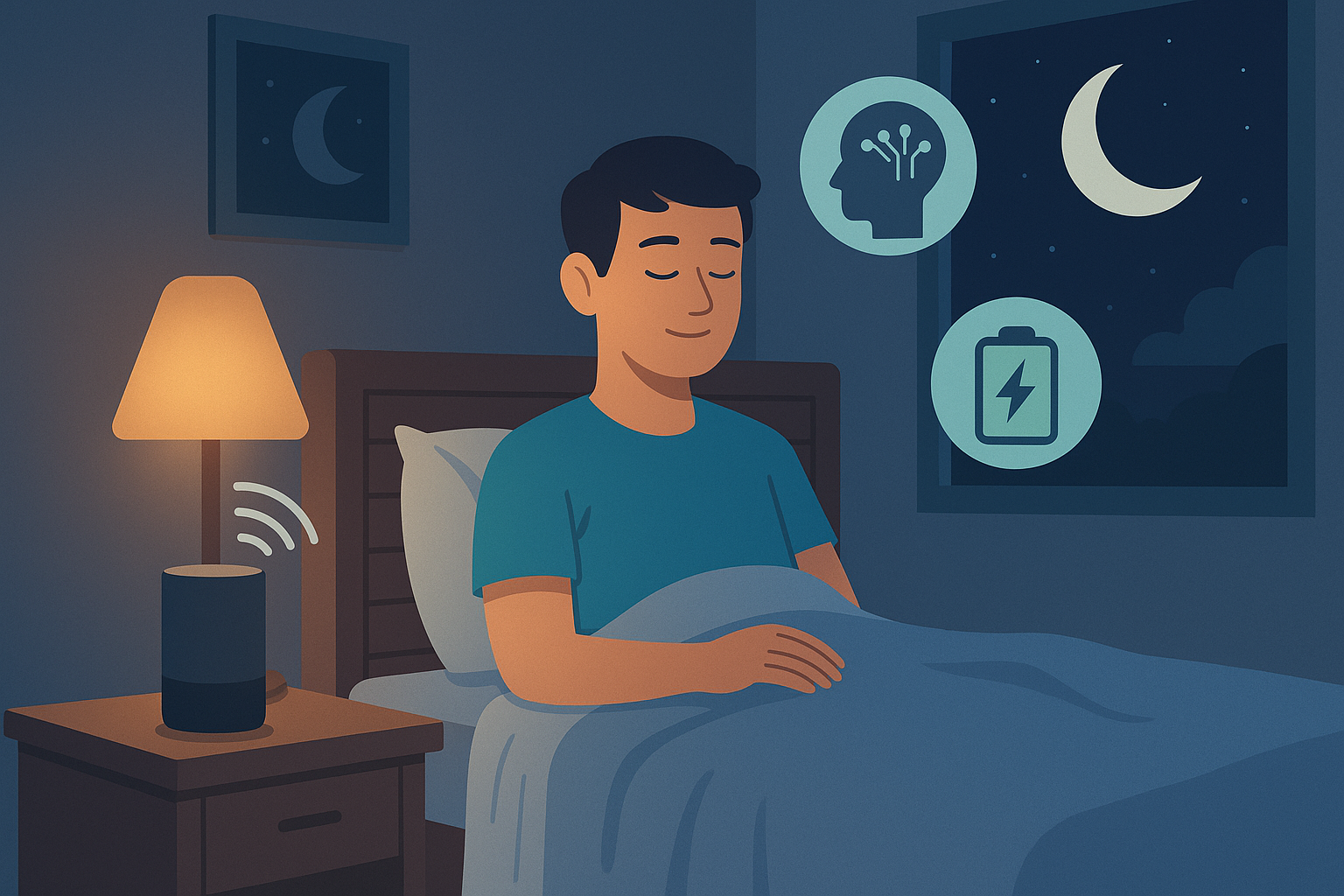The human brain has always been the most advanced processor known.
But now, for the first time, it has a partner capable of expanding its limits — artificial intelligence. Cognitive Enhancement
AI isn’t replacing human intelligence. It’s teaching it how to evolve.
From memory training to attention optimization, AI systems are becoming instruments of cognitive enhancement, fine-tuning the way we think, reason, and make decisions.
This partnership between neuroscience and technology marks a new era of self-directed intelligence — one where mental performance is not fixed but trainable.

The Cognitive Enhancement Revolution
For centuries, human intelligence was viewed as static. You were either gifted or not.
Neuroscience shattered that myth through neuroplasticity — the brain’s ability to reorganize itself through practice and feedback.
AI amplifies this process by providing real-time insight into how we think.
Instead of practicing blindly, we now have digital mirrors that reveal patterns of distraction, fatigue, and flow.
Platforms like Mindsera, FocusCalm, and Reclaim AI measure brain signals, language tone, or task rhythms, generating personalized feedback that trains clarity and control.
The result is not faster thinking, but smarter thinking — thought that adapts as it learns.
How AI Cognitive Enhancement Processing
AI systems excel at pattern recognition — something the human mind also does, but less efficiently under stress.
By mapping cognitive data, AI can identify when your mental processes are strained or underperforming.
Example:
- Neurable detects declining focus through EEG data and suggests micro-rest intervals to restore alertness.
- Motion AI monitors digital workload and rearranges your schedule to protect peak cognitive hours.
- Brain.fm generates AI-composed music that synchronizes brainwaves to reinforce flow and mental alignment.
These tools don’t just optimize output — they train the underlying system that produces it: your mind.
| Aspect | Traditional Methods | AI-Assisted Cognitive Enhancement |
|---|---|---|
| Feedback | Self-awareness | Real-time analysis |
| Adaptation | Manual adjustment | Automatic optimization |
| Scope | Single skill | Full cognitive system |
| Longevity | Requires repetition | Reinforced through data patterns |
The human brain evolves best when it understands itself. AI gives it that understanding.
The Mind as a System
When you combine data, awareness, and design, your mind becomes a self-correcting ecosystem.
AI tools act as both observer and coach — detecting inefficiencies, recommending recovery, and measuring improvement.
Imagine having a cognitive dashboard that visualizes your focus cycles, emotional energy, and problem-solving speed.
Instead of reacting to burnout, you anticipate it.
Instead of forcing productivity, you engineer it through insight.
This is the foundation of cognitive enhancement — not a shortcut, but a system of continuous improvement.
Example:
A designer using Notion AI notices that creative output drops every afternoon. The AI correlates this with reduced REM sleep the night before. The system automatically recommends rescheduling high-focus work for earlier hours and suggests cognitive rest intervals in the afternoon.
This kind of closed feedback loop turns mental management into precision engineering.
The Neural Mirror
AI is not just helping us think better — it’s helping us see thinking itself.
Through neurofeedback and machine learning, we can now visualize patterns of focus, emotion, and flow that used to be invisible.
Tools like NeuroSky and Emotiv generate real-time cognitive maps, revealing how stress or fatigue affects memory and creativity.
Combined with AI analytics, these maps help users identify when to push harder and when to rest.
It’s not about becoming more robotic — it’s about becoming more aware.
Over time, your brain begins to anticipate the signals of overload before they manifest, adjusting behavior intuitively.
This is intelligence enhanced by feedback, not force.
Example: The AI-Trained Mind in Action
Morning begins with FocusCalm measuring baseline neural activity after sleep.
If stress markers appear high, your AI system adjusts your environment — dimmer light, slower music, and a delayed task start.
As you begin work, Motion AI optimizes your calendar dynamically, reserving your sharpest mental hours for creative problem-solving.
Meanwhile, Brain.fm synchronizes focus rhythms with personalized audio frequencies.
By evening, Notion AI analyzes your reflections, identifying cognitive triggers that shaped your mood and performance.
The result: your mind is not working harder, but smarter — guided by an ecosystem that learns from every signal you emit.
From Intelligence to Meta-Intelligence
When AI augments cognition, something profound happens: awareness extends beyond the individual.
You begin to think about how you think — developing meta-intelligence, or the ability to observe your own mental patterns objectively.
This concept, once philosophical, is now measurable.
AI captures cognitive metrics like attention variability, decision latency, and mood correlation, revealing where human intuition aligns or diverges from logic.
Example:
An entrepreneur using Mindsera discovers that major creative breakthroughs occur after short physical breaks, not prolonged effort. The AI identifies the rhythm and replicates it across the week, increasing performance by 23%.
Through this awareness, thought becomes design.
Table: Levels of AI-Driven Cognitive Enhancement
| Level | Focus Area | Example AI Tool | Cognitive Impact |
|---|---|---|---|
| Neural | Brainwave synchronization | FocusCalm | Improved focus and calm |
| Behavioral | Task and time automation | Motion AI | Reduced overload |
| Emotional | Reflective tone analysis | Mindsera | Emotional regulation |
| Integrative | System coordination | Reclaim AI | Cognitive balance |
Each level feeds into the next, forming a closed cognitive circuit where data and consciousness interact continuously.
The Future of Cognitive Enhancement
The next wave of brain–AI collaboration will blur the line between biological and digital intelligence.
We’re moving from external assistants to integrated systems that anticipate mental needs before they’re expressed.
Future neuroadaptive devices will modulate environmental variables — sound, light, and visual stimuli — in direct response to brain activity.
They will not only react to your cognition but co-evolve with it.
This is the future of the AI-trained mind: a hybrid intelligence that adapts, learns, and restores itself.
The Human Core
Amid all this technology, one truth remains: clarity, creativity, and awareness are human.
AI can enhance them, but never replace them.
The purpose of training an AI-informed mind is not to become machine-like — it’s to rediscover the depth of our natural intelligence.
When we learn to see our thoughts with precision, technology becomes a mirror, not a master.
And through that reflection, we reclaim control over what truly makes us intelligent — awareness.
Conclusion
Smarter thinking doesn’t come from doing more — it comes from understanding better.
AI offers a way to see our cognition as data, to understand it as a system, and to refine it into flow.
Through cognitive enhancement, the human mind becomes adaptive, insightful, and resilient.
It learns from feedback, not failure.
And for the first time in history, thinking itself can evolve.
Further Reading & Related Insights
Internal link:
- The Future of Mental Clarity: AI Meets Neuroscience — Discover how AI merges with brain science to create new pathways for attention and awareness.
External links:
- FocusCalm – AI Neurofeedback for Cognitive Performance
- Mindsera – Reflective AI Journaling for Mental Growth
Blog
This section provides an overview of the blog, showcasing a variety of articles, insights, and resources to inform and inspire readers.
-

AI Habit Tracking and the New Rhythm of Modern Self-Improvement
AI Habit Tracking. Progress used to depend on discipline. Now, it depends on data.…
-

AI Decision Making and the New Discipline of Intentional Living
AI Decision Making. Every “yes” has a cost. Every time you agree to something…
-

The Perfect AI Night Routine to Sleep Better and Think Smarter
AI Night Routine. Your morning doesn’t begin when you wake up — it begins…
